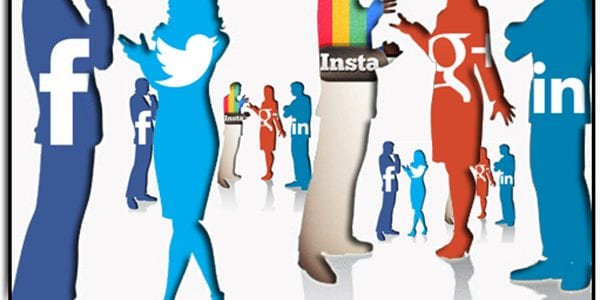by Kirk Wakefield – October 2013
I’m guilty. What about you?
When I read that headline posted by my friend J.W. Cannon, I realized one thing: When people contact me they don’t care how busy I am. They want to know I care. About them. About whatever it is that motivated them to contact me.
What happens if someone always reminds you how busy they are? After a while, you get the picture and stop contacting them. That’s not the image I want others to associate with me. I’d much rather be known as an effective time manager.
What do we need to do?
#1 Stop trying to signal importance.
[dropshadowbox align=”center” effect=”lifted-both” width=”500px” height=”” background_color=”#ffffff” border_width=”1″ border_color=”#dddddd” ]

“How do the elite signal to each other how important they are? “I am slammed” is a socially acceptable way of saying “I am important.” Fifty years ago, Americans signaled class by displaying their leisure: think banker’s hours (9 to 3). Today, the elite display their extreme schedules.” ~Joan Williams[/dropshadowbox]
Some of the busiest people I know are never too busy to respond. They are important but don’t act like it. These are CEOs, CROs, COOs, and SVPs of some of the best sports franchises in North America. What is their secret?
First, they care enough to respond.
Second, they understand people just want a response. It can be yes, no, or wait. A non-response just means another email or call. More time.
Before the era of email we were taught to handle a piece of paper once. Same principle applies: Act on it. Delegate it. File it. Trash it.
#2 Realign priorities. Really.
The bottom line: We do what is important to us. No one forces me to have a busy schedule. I must face the reality: It’s my choice.

As J.W. shared with me, “Busy people need to learn to prioritize tasks better, otherwise they will get bogged down in minutia. Focus on what’s most important first and foremost, and note those things that can wait.”
Sometimes even your profile pic tells others something about what’s important in life.
#3 Just say “no.”
Many people think “no” is an unacceptable answer to give. They avoid answering. The exact opposite is the truth.
As Clint Eastwood said, “A man’s got to know his limitations.”
We respect people who can tell us no. A solid no allows us to move on to next. Non-response wastes the time of both parties.
As J.W. continues, “Learn to say ‘no.’ There’s no harm in letting people know you don’t have the capacity to handle something. There’s still only 24 hours in a day; trying to stretch that just leads to unproductive busy work.”
#4 Get smart.

- Take a time management course. Read the “One Minute Manager.” Too busy? Listen while driving or exercising. Click here and buy, like I just did.
- From Tony Schwartz: Begin workdays by focusing for 90 uninterrupted minutes on the one task you decide the night before is the most important. Turn off email. Close all windows on the computer. Let the phone go to voicemail. After 90 minutes, take a break.
- Cut useless meetings, especially if you’re in charge. If the meeting doesn’t include interchange, energize, or lead to new opportunities, cut it.
What do you think?

Aldo Kafie, Group Director at Octagon Sports, nails it: “If you can’t prioritize and delegate then you’ll always be ‘busy’.”
So, there, I hope this helps solve everyone’s problems with busy schedules. Let me know if you have other ideas or comments. Hopefully I won’t be too slammed this week to respond! Click the Tweet button below: @kirkwakefield #toobusy
Cover photo courtesy of Peter Schmutz.





